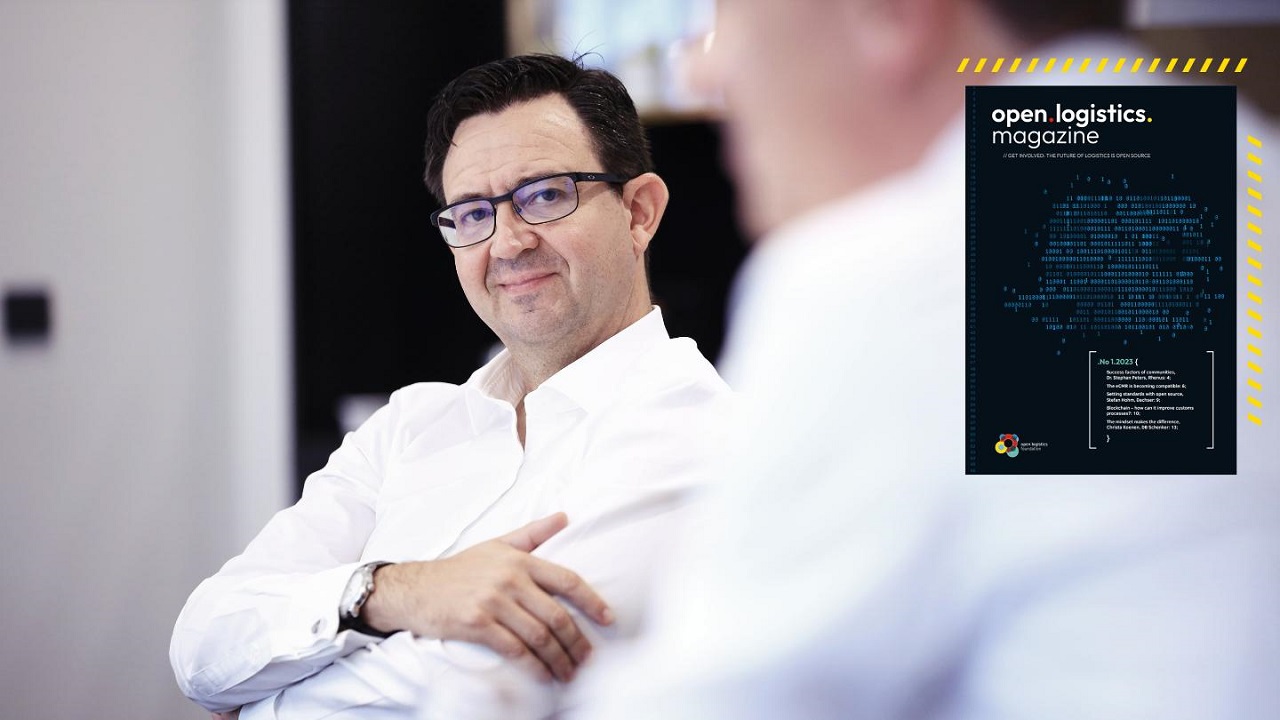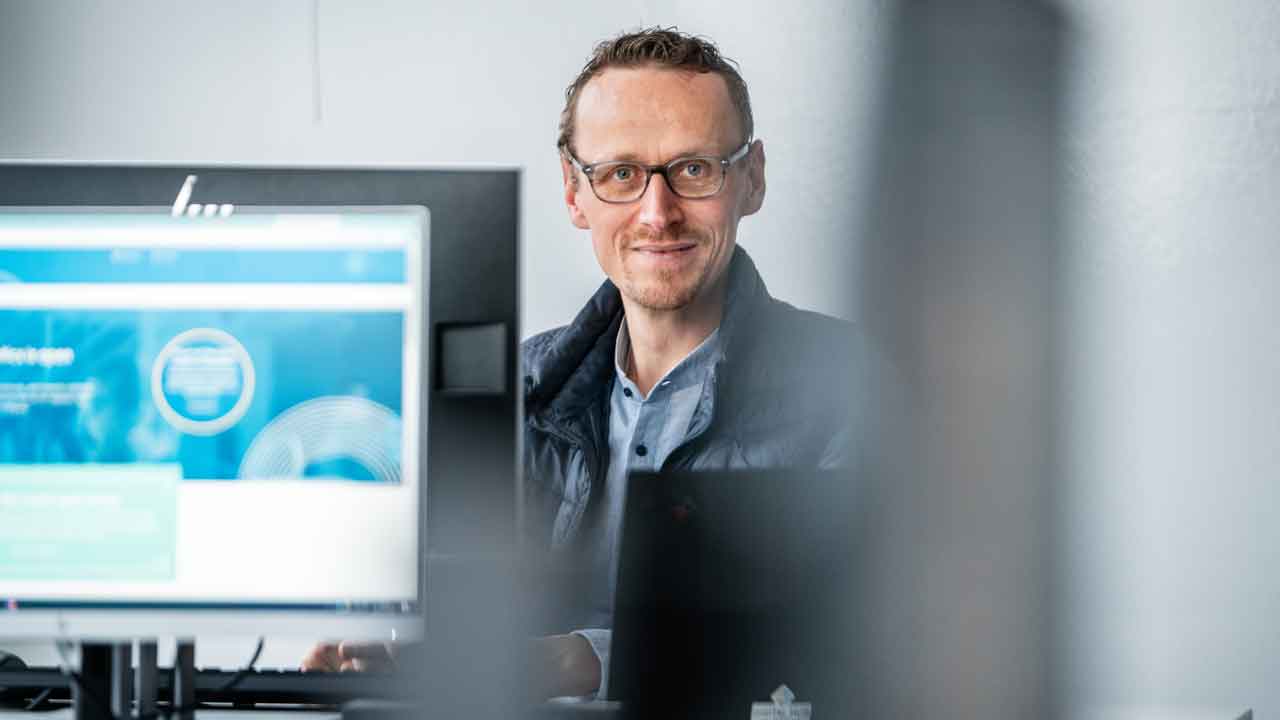Commodities are basic services companies can make available to their customers (a track-and-trace app, for example) or basic elements that enable the communication between enterprise systems (an API interface, for instance). As these services, functions, or elements are not market-differentiating, companies have no possibility to profitably monetise them.
“For Dachser, standards have always paid off in the long run“, says Stefan Hohm, CDO and Member of the Executive Board at Dachser as well as Member of the Board of Directors at Open Logistics Foundation. “With the establishment of the Open Logistics Foundation, we now set ourselves the goal of making basic applications publicly available in order to promote de-facto standards that are accepted across the entire industry.“
The Open Logistics Foundation is an opportunity for all companies in logistics – whether logistics service providers, platform operators, IT, forwarding or shipping companies – to convert certain hardware and software components into de-facto standards and – what is special – not only to provide user recommendations, but also to deliver code lines for them. Open source provides the basis.
Each company still develops future-proof software and intelligent processes for itself and its customers on its own. But it helps each individual and the entire economy, if companies from different industries jointly develop and share commodity applications and codes in the future. Stefan Hohm: “By using open source software we are moving away from isolated solutions. This allows companies to refrain from building basic applications and instead use their valuable resources to create real customer value and USPs.”
OPEN SOURCE LIBERATES US FROM THE DEPENDENCY ON COMMERCIAL PROVIDERS – OPEN SOURCE WON‘T DISAPPEAR.
This article was published in the first issue of the Open Logistics Magazine. You can read the full magazine and register for future editions here.





